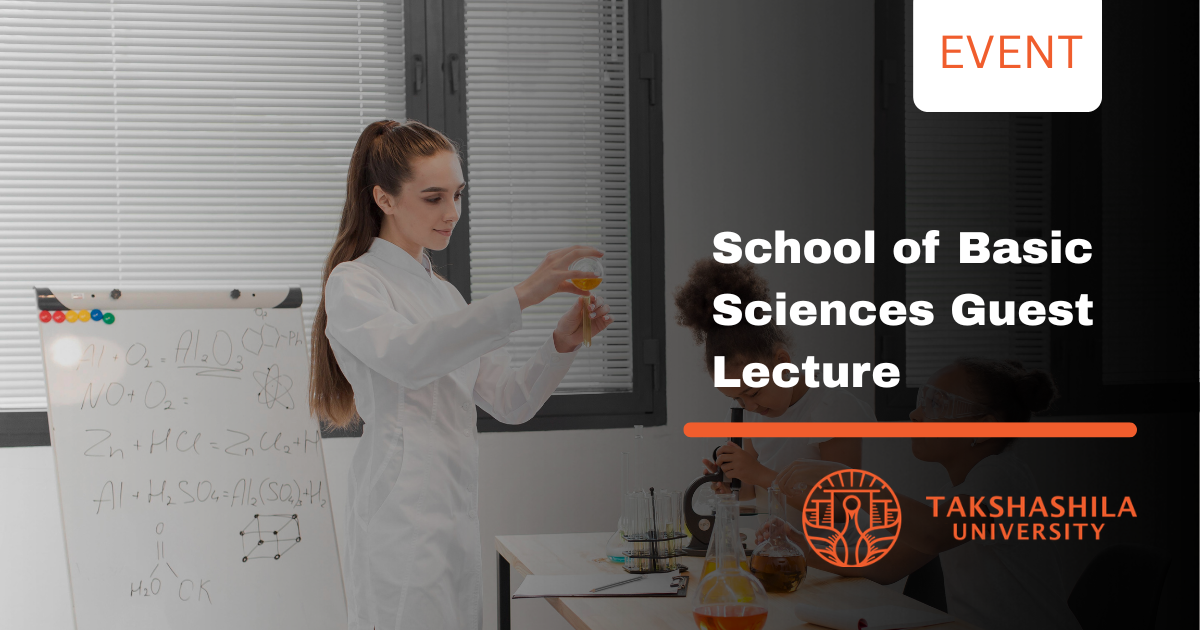A college education provides the perfect environment to discover your hidden talents. You’ll be immersed in hands-on learning through labs, projects and internships during your studies. This gives you a taste of real-world engineering while gaining applicable skills to set you up for future success.
Beyond technical abilities, an engineering degree cultivates transferable “soft” skills in areas like communication, leadership, collaboration and adaptability. Employers highly value these in any industry, as they indicate a well-rounded individual who can effectively manage complex projects.
Let’s discover the 7 skills for engineering students to be gained in college days.
Build Valuable Skills to Excel in Your Career
Due to constant technological advancement, engineering offers exciting long-term career prospects with top-quality skill sets instilled into your mind. Demand for qualified and skilled professionals is strong across many specialisations like software, mechanical, biomedical, etc.
As an engineering student and aspiring professional, you will be presented with countless opportunities daily to grow your abilities, take on new challenges, and shape your future career path. How you approach these opportunities and what you gain from each experience will ultimately determine your long-term success.
7 Significant Skills for Engineering Students
While academic achievement and technical competency are undoubtedly important, the most impressive graduates are those who also focus on developing soft skills, gaining hands-on experience outside the classroom, and continuously expanding their knowledge base.
Here are 7 skills for engineering students to gain in college days
#1 Problem-Solving Skills

Problem-solving is one of the most important abilities an engineering student can gain in college. According to a National Association of Colleges and Employers survey, problem-solving is the #1 skill employers seek in new graduates.
Some helpful problem-solving strategies to focus on include brainstorming multiple potential solutions, researching background information, identifying constraints and requirements through experiments or simulations, analysing results, and iterating on your approach.
Throughout your coursework, you’ll be presented with challenging technical problems that require logical thinking and out-of-the-box creativity. Being able to tackle tough technical problems systematically will serve you extremely well in your future career.
#2 Creativity and innovation

Creativity and innovation are highly valued skills for any engineer. Whether designing new products, improving processes, or solving complex problems, thinking outside the box is essential.
During college, seek opportunities to explore these abilities through hands-on projects, competitions, and entrepreneurial initiatives. Statistics show that up to 90% of engineering employers value hands-on project experience, as it demonstrates real-world problem-solving skills beyond textbooks.
Actively seeking opportunities to flex your creative muscles during college lays the foundation for a career of continuous learning, improvement, and innovation. Engineering is all about pushing boundaries, so don’t be afraid to take risks and think outside the box as you gain these highly valued 21st-century job skills.
#3 Communication

Strong communication skills are absolutely essential for engineering careers. They allow you to effectively share complex technical information with clients and colleagues from diverse backgrounds.
Both written and verbal communication are vital. As an engineer, you’ll need to write detailed reports, proposals, manuals and emails on a regular basis. Statistics show that engineers spend over 30% of their time communicating through writing.
Presentation skills are also key. You must pitch ideas, update teams, or teach others how to operate machinery. Communication is the glue that holds teams together through planning, problem-solving and meeting deadlines.
Group work and collaboration are integral parts of engineering projects. The good news is that your college experience provides many opportunities to strengthen these abilities. From group assignments and presentations to networking at career fairs and internships, take advantage of every chance to practice explaining technical concepts simply and concisely.
#4 Leadership

Leadership is one of the most valuable skills an engineering student can gain in college. Leadership experience shows employers that you’re ready to take on greater responsibilities early in your career.
There are many ways to build your leadership skills as a student. Serving as the president of an engineering club is a great option for taking initiative and organising events. You could also lead a service project to apply your technical knowledge to helping the community.
Hands-on leadership experience has added benefits, too. Studies found that students who held campus leadership positions reported higher levels of self-confidence, communication skills and career readiness after college compared to non-leaders.
#5 Attention to detail

Attention to detail is crucial for any engineer to develop, as even the smallest errors can have significant consequences. Engineering work requires meticulous precision across all design, testing and production stages. As a student, you’ll gain valuable experience applying this skill through your coursework and projects.
Studies show that engineering students who develop excellent attention to detail are up to 25% more likely to land their ideal job after graduation. Employers recognise the importance of this trait, as it ensures safety, quality and efficiency.
Developing this skill starts in the classroom. Make sure to double-check your calculations, thoroughly document your methods and results, and have others review your work to catch any errors. When conducting lab experiments, pay close attention to procedures, measurements and clean-up.
Proper documentation and organisation are also crucial. Over time, this attention to fine details will become second nature through the repetition of careful work habits. The hands-on experience of real-world engineering applications will further reinforce your commitment to accuracy and precision.
#6 Design thinking

Design thinking is a creative, iterative process that engineers can use to address problems in a more human-centred way. It involves empathising with end users to understand their needs and generate innovative ideas without immediately focusing on solutions.
During your college career, take on open-ended projects that allow the exploration of multiple design concepts before converging on a solution. Learning to think like a designer will strengthen your ability to develop technology with true user benefits in mind.
Statistics show that incorporating design thinking leads to products and services that are 93% more likely to succeed in the market. Design thinking also cultivates important soft skills. The process requires strong communication, collaboration, and out-of-the-box creativity, all highly desirable workplace qualities.
#7 Time Management

As an engineering student, you’ll have to carefully balance your course load, assignments, projects, extracurriculars and any part-time work you do. Developing strong time management skills is essential for staying on top of your workload without getting overwhelmed.
One of the best ways to develop strong time management habits is through scheduling and prioritisation. Learn to prioritise tasks, estimate time commitments realistically, and structure your schedule efficiently.
It’s also important to learn when you study best. Are you a morning person who focuses well on early classes? Or a night owl who does deep work after dinner? Understanding your energy levels and productivity patterns allows you to structure your time effectively.
Taking short breaks after every 90 minutes of work or so helps refresh your focus, while longer breaks on weekends prevent burnout. Proper rest is essential for retaining information and performing at your best in classes and projects.
| Did you know? The average engineering student spends around 40 hours per week on their coursework alone. |
Upgrade Your Student-Self With Top Industry Skills From Takshashila University
As one of India’s top universities, Takshashila prides itself on providing students with the best education that goes beyond the classroom. Through our industry-integrated programs and emphasis on hands-on learning, students gain invaluable real-world skills that set them up for long-term career success.
At Takshashila University, we know that excelling as an engineer in today’s rapidly changing business landscape requires more than strong technical abilities. Through challenging coursework, collaborative projects, and leadership opportunities, our students learn how to tackle complex issues, advocate for ideas, and adapt seamlessly to new challenges – skills that will serve them well throughout their careers and beyond.
When you choose Takshashila, you join a community of innovators dedicated to creating the leaders of tomorrow. By making the most of our industry-integrated programs and emphasising skill-building, our students graduate well-equipped to start successful careers and transform the world through their ideas, work, and continued success.
Develop the Skills That Will Launch Your Engineering Career
Your college years present a unique opportunity to gain experience, grow as a professional, and lay the foundation for a rewarding career. However, making the most of this time is important by actively seeking opportunities to build the technical abilities and soft skills employers desire.
As an engineering student, focusing on hands-on learning through challenging coursework and extracurricular projects will vastly improve your technical proficiency. Thus, these 7 skills for engineering students to be gained in college days can make you versatile in your career.
Frequently Asked Questions (FAQs)
- What are the 7 skills of a professional engineer?
The top 7 skills of a professional engineer are
– Problem-solving
– Creativity
– Communication skills
– Leadership
– Attention to detail
– Design thinking
– Time Management
- What skills do you gain from studying engineering?
In the course of engineering, you acquire the following skills
– Logical thinking
– Critical analysis
– Decision making
– Time management
– Creative Thinking
- What is the key skill of an engineer?
The key skills of an engineer are
– Precision
– Innovation
– Decision making
– Leadership
– Communication
- How do I improve my engineering skills?
You can improve your engineering skills in the following ways
– Define Your Objectives
– Improving Your Problem-Solving Skill
– Focus on the details.
– Build soft skills.
– Learn from mistakes
- What are soft skills?
Soft skills are qualities that improve your character and morals, such as teamwork, adaptability, leadership, and understanding.






